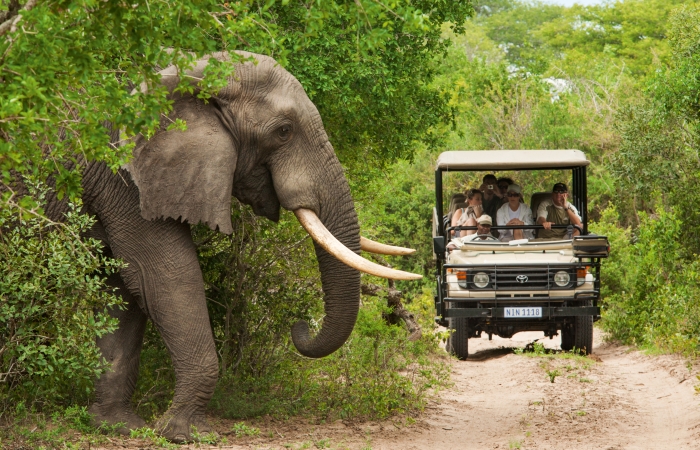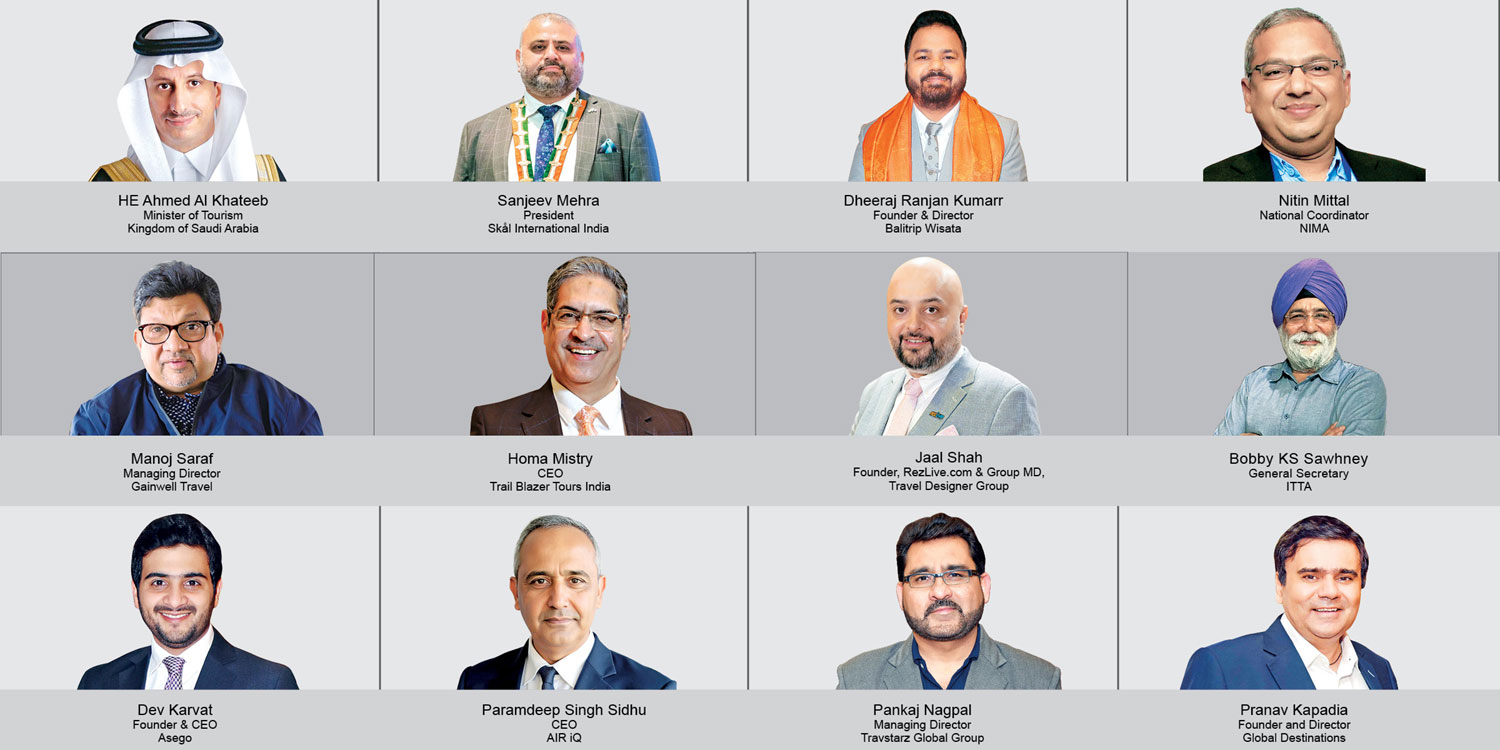With an extremely targeted marketing and communication approach, South African Tourism is ready to resurrect India as one of its top-performing source markets. Neliswa Nkani, Hub Head – MEISEA, South African Tourism, discusses various strategies and offerings that the NTO has recreated to suit the changing traveller profile.
Hazel Jain
Prior to the pandemic, India was the eighth-largest international market for South African Tourism. In fact, South Africa was seeing tremendous interest by Indian travellers even right before the pandemic hit in March 2020. For the months of January and February 2020, the destination saw about seven per cent YoY increase from the India market with 14,437 business, leisure, and MICE tourists.
Affirming that India continues to be a key market, Neliswa Nkani, Hub Head – MEISEA, South African Tourism, says, “India still holds much promise in the coming years. Indian travellers are resilient, with a large appetite for travel and new experiences. They may, however, now choose to travel differently – we can expect to see a rise in FITs, demands for drivecations, and flexible booking dates. We are looking at introducing newer, customised experiencesand itineraries for this FIT traveller segment.”
This approach seems to be working well for the tourism board, as they are witnessing heightened interest and intent to travel by Indian travellers. Given the increase in demand, Emirates, Qatar Airways and Ethiopian Airlines have regular flights scheduled from India to South Africa, with layovers at Dubai, Doha and Addis Ababa, respectively. Additionally, Air Seychelles is also scheduled to resume flights from India to South Africa. To facilitate a smooth travel journey for them, South African visas are now being made available within five to seven working days or less from the date of application.
Marketing efforts
Nkani adds that the NTO’s marketing and communication approach is extremely focused and targeted. “We are looking at maintaining a consumer-centric approach, while also building trust and aspiration. Consumers will be made well aware of all processes and requirements by the destination or transfer facilities in order to avoid a mismatch in expectations and allow for smooth journeys,” she says.We are alsolooking at videos highlighting safety regulations for MICE experiences, and curating videos displaying precautions that travellers can expect at various transit touch points including international and domestic airports, and car rentals.Additionally, we are looking at leveraging film tourism, and have been in talks with a couple of big banners in India to launch South Africa on the silverscreen, by way of Bollywood movies, web series or ad shoots. We look at offering easy permits as well as competitive pricing,” Nkani reveals.
During the lockdown period, the tourism board also noticed an increase in screen time by consumers, and hence promoted virtual tourism in a big way. Nkaniadds, “We used digital mediums to educate our trade partners, who ultimately sell the destination. SA Specialist, our fun and interactive online learning programme, is witnessing an increase in the number of Indian travel trade undertaking the training, as trade agents seek to upskill and reskill themselves to cater to new age travellers.”Her team is also reworking itineraries to ensure consumers get value-driven packages at the best possible rates. Over the next few months, South African Tourism hopes to have productive conversations with the travel trade – to explore mutually beneficial collaborations and associations.
Future outlook
In India, a consumer-oriented campaign targeting the desi audience is in the pipeline. “At South African Tourism, we have enhanced efforts to make our itineraries, properties and transport facilities more sustainable. We also intend to market our sustainable product offerings and ecotourism experiences, like cycling tours, nature safaris, conservation projects and rural experiences,”saysNkani.
This year, South African Tourism will be specifically targeting niche communities and promoting newer regions. “A large focus area for us will be mobilising niche communities in India. We want to invite biking groups to explore the spectacular South African terrain. We are also looking at having more runners from India participate in South African ultra-marathons like the Comrades Marathon and the Two Oceans Marathon. We expect self-drives to be popular with Indian travellers given that South Africa has some of the most beautiful self-drive routes in the world. Safe car rentals will play an important role in the tourism ecosystem, as larger number of travellers are turning to self-drives for the assurance of privacy and safety,” Nkani adds.
Promoting newerregions
For the next couple of months, travellers can enter through cities that have restored international connectivity. Which means they can either enter through the Mother City – Cape Town, Johannesburg or Durban, and use these cities as a gateway to the rest of these picturesque new regions, including the stunning and relatively unexplored Port Elizabeth, Robertson, West Coast, Drakensberg in KwaZulu-Natal, Panorama Route (Mpumalanga) and Garden Route.
With regards to experiences, South African Tourism will focus on leveraging the USPs South Africa has for the evolved and cautious post-Covidtraveller. For example, the appeal of a safari holiday has increased given its natural ability to support social distancing. With the natural world as its stage, the essence of a safari has not changed. However, guests will experience enhanced sanitisation policies, regular temperature checks for guests and staff, smaller camps and smaller game drive groups to ensure social distancing is maintained even in the safari vehicle. These safety and hygiene protocols can be expected across as all adventure, culinary and cultural attractions as well.
“We are aware of the effect the pandemic has on the global economy, and have been repackaging accordingly, with the intent to offer consumers’ deals and discounts. There is no surprise or extra-cost to travellers. We are also in conversations with several airlines to understand how we can best optimize and reduce travel costs,” Nkani promises.
 TravTalk India Online Magazine
TravTalk India Online Magazine





